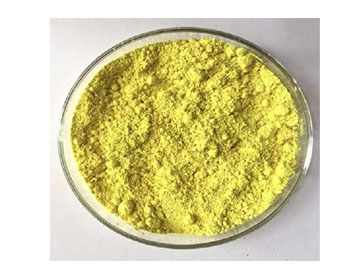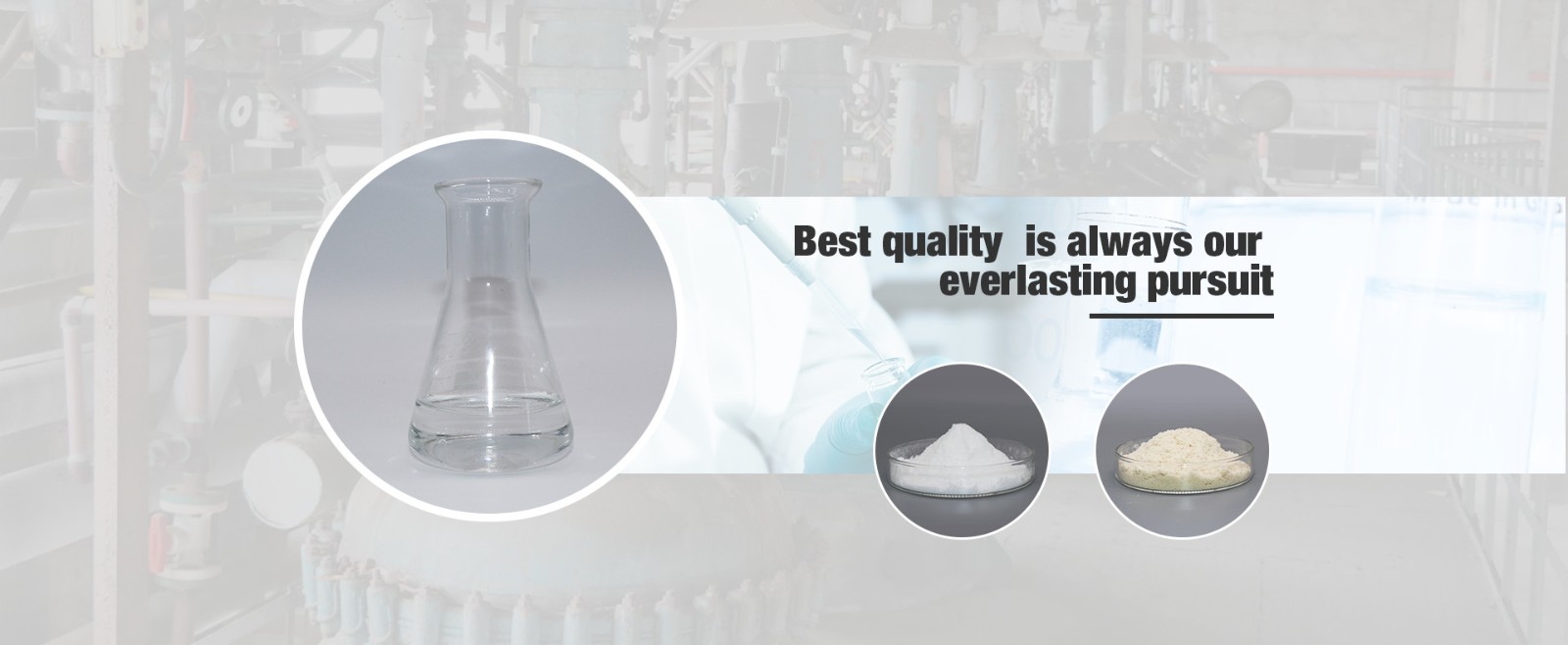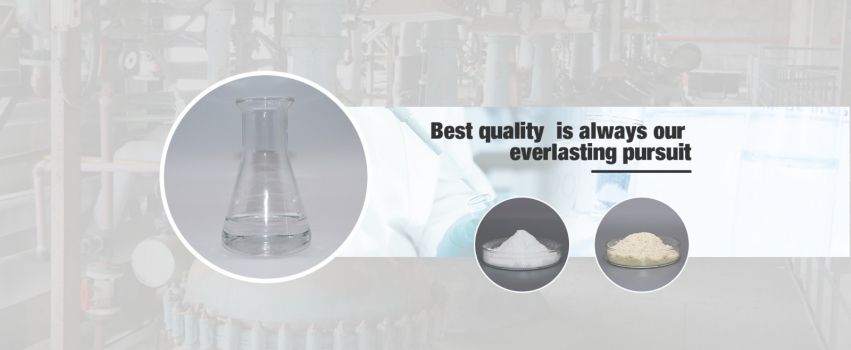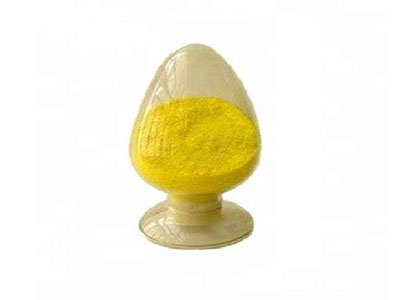Potential Health Benefits of Quercetin
Sep. 19, 2022
Many aspects of modern life can impair the function of the immune system (lack of sleep, excessive sugar intake, chronically elevated stress levels - you get the idea), making it more difficult to stay healthy. Identifying your immune weakening triggers and adapting your lifestyle accordingly is a good place to start, but no one is perfect - hence why we often seek out supplements such as vitamin C and vitamin D to boost our immune capacity. But there is another lesser-known nutrient that is gaining attention for its immune support potential: quercetin.
You've likely consumed this biologically active plant compound before in the form of apples, onions or tea, but there's growing evidence that it may be worth supplementing. Here we break down the benefits of quercetin, how to get more of it in your diet and whether supplementation is right for you.
What is quercetin?
Quercetin is part of a group of plant pigments called flavonoids, which are found in a range of foods such as fruits, vegetables, nuts and grains. In supplement form, quercetin is usually derived from the dried flowers and buds of the Sophora (or Japanese pagoda) tree.
Quercetin
Like all flavonoids, quercetin is an antioxidant, which means it helps to scavenge and neutralise free radicals that might otherwise accelerate ageing, cause inflammation and contribute to a range of chronic diseases from cancer to heart disease.
Quercetin may be known for its ability to relieve the symptoms of seasonal allergies, but it has proven to be a versatile plant compound. "Quercetin is a powerful antioxidant with anti-inflammatory, antihistamine and antiviral properties and has the ability to reduce arterial thrombosis and oxidative stress. The current pandemic makes this nutrient even more important as we consider oxidative stress, inflammation and clotting factors to be concerns.
Health benefits of quercetin.
Like any nutrient, quercetin is not a panacea for health or immunity in isolation. But the existing quercetin research is promising.
Uses of quercetin
According to the Icahn School of Medicine at Mount Sinai, quercetin may prevent heart disease and cancer. In addition, this compound can help stabilise cells in the body that release histamine, producing anti-inflammatory and antihistamine effects. In addition, quercetin may slow the ageing process by reducing the effects of oxidative stress (such as chronic stress and anxiety, poor sleep habits, processed foods, pollution and exposure to chemicals) on the body. Overall, quercetin plays a role in regulating the immune system's response to external stressors through cellular signalling pathways called kinases and phosphatases - two enzymes and membrane proteins that are essential for normal cellular function.

Quercetin
Potential health benefits of quercetin
The health benefits of quercetin are attributed to its anti-inflammatory ability and antioxidant properties, which means it can neutralise harmful free radicals (a molecule in the body), a common precursor to several chronic diseases. Although more research is needed on the efficacy of quercetin supplements as most science has focused on quercetin-rich foods, here are some of the potential benefits of this antioxidant.
Inflammation
Studies, mainly in animals and laboratories, have shown that quercetin has brain-protective and anti-depressant properties and can reduce inflammation and oxidative stress, a condition in which free radicals cause damage to cells. Research now suggests that inflammation is at the root of most diseases, including heart disease, cancer, cognitive decline, some mental disorders and autoimmune diseases.
The results of a study published in the Journal of Inflammation suggest that quercetin may be a drug for the treatment of life-threatening and severe inflammation in patients with COVID-19.
Heart disease
Some studies suggest that quercetin may prevent the formation of plaque in the arteries (also known as atherosclerosis) and reduce 'bad' LDL levels, thereby reducing the risk of heart disease and high blood pressure. Other studies suggest that quercetin may help support people with heart and blood vessel-related diseases, while a study published in the journal Inflammation Mediators found that quercetin may treat obesity and type 2 diabetes.
-

CPHI & PMEC China (Shanghai) 2025 --- we are coming!
Mar. 14, 2025
-

Nice to meet you——CPHI 2024 Shanghai
Jul. 08, 2024





















